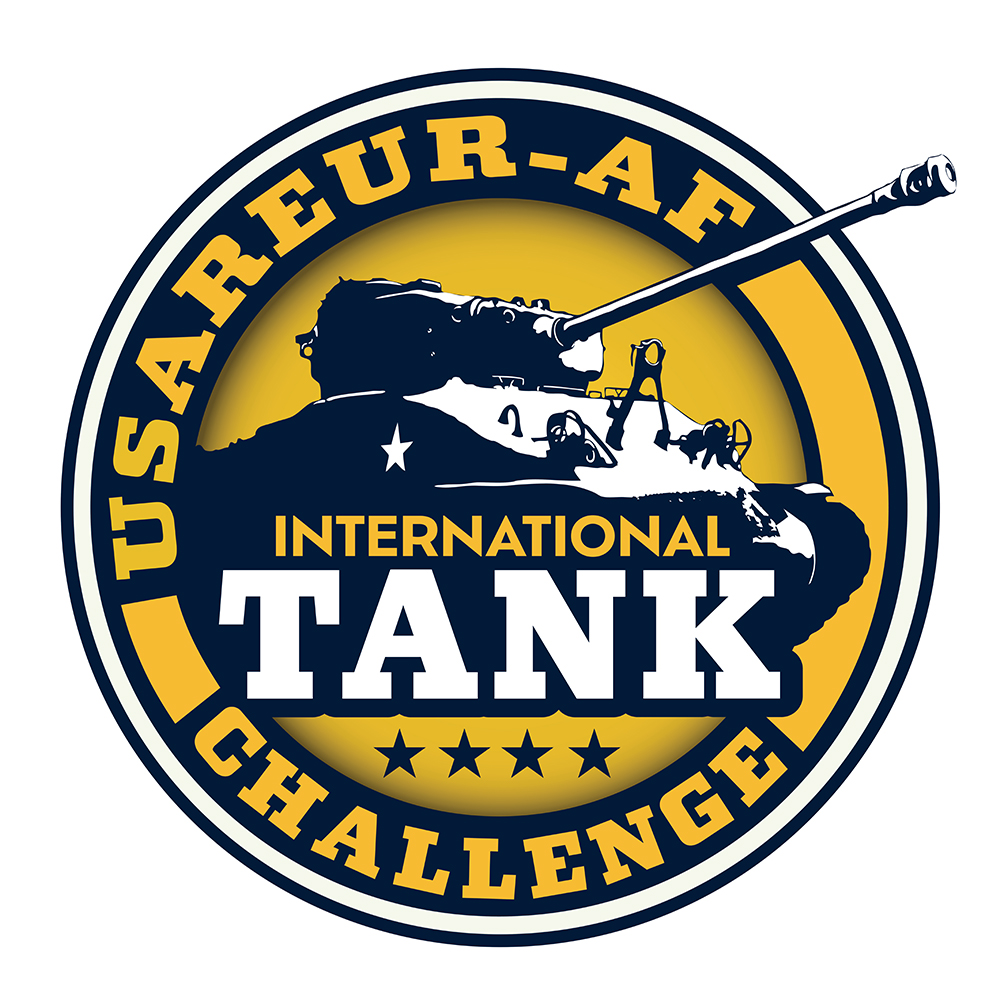
U.S. Army Europe and Africa, along with our NATO and Partner Allies, annually host a Tank Challenge. This training event is designed to give participating nations a dynamic and productive environment in which to foster military partnerships, form Soldier-level relationships, and share tactics, techniques and procedures.
The European International Tank Challenge was formerly known as the Strong Europe Tank Challenge. Images, video and stories that are older will appear under that name further down the timeline.
For more imagery, videos and news visit our DVIDS feature page at: USARUER International Tank Challenge
Read the Press Release here.